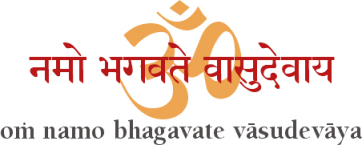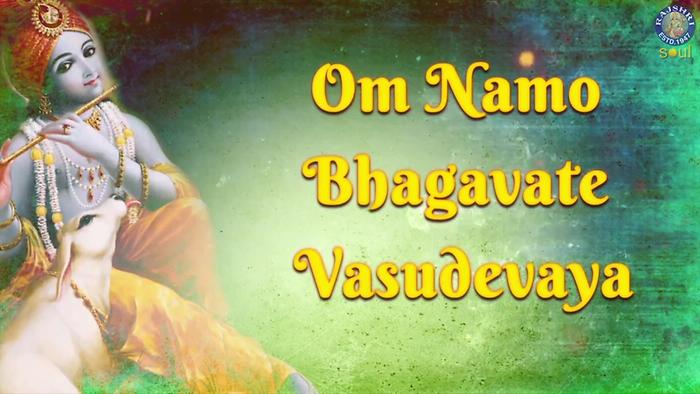


In understanding any topic, you require prajña.

For making the right decisions you require two things, prajña, clarity of knowledge and medha, availability of memory. You are what you are because of your decisions. Gaining anything in terms of worldly or spiritual life depends upon your making the right decisions. This grace is like ground water that has to be tapped by the act of prayer. Bhagavan’s grace is always available, but you have to tap it. He knows what do you need.” Asking is part of prayers, as a karma. Mahyam, to me, prayaccha, give what? Asking is important. Salutations unto Lord Daksinamürti who is the source of all-knowledge and the source of all blessing. As the source of all-knowledge, he faces the south. The Lord is everywhere, but the one who wants release from samsara faces the Lord in the north. The south stands for samsara it is Lord Yama’s place. What is the significance of the southern direction? The north attracts, and it stands for moksha. He is the Lord who is facing the south, daksinn-dik-abhi-mukha murtih. Therefore, Isvara who is daksina as well as amürti is Daksinamürti.ĭaksina also means the southern direction. With maya-sakti Isvara is daksinah, the one who has the capacity to be the creator and sustainer, and also the one who can take back the whole creation into himself. Therefore, in relating to the Lord as Bhagavan, I am invoking the grace of Bhagavan.Īmürtih is the one who is formless and who is the truth of everything. Not only do I seek moksa, knowledge, I also seek blessings for achieving whatever I need to achieve in life. The word Bhagavan, by which I invoke the Lord, is everything that I seek. It is strongly believed that chanting this prayer hymn with devotion, reflecting on it with a focused mind, carrying out one’s duties with dedication alongside it, and putting the results in the hands of the Almighty will earn the devotees Lord Krishna’s boundless grace and his enormous blessings.Namah, my salutations, to the Lord, Bhagavan, the one who has bhaga, the six-fold glories: aisvarya, overlordship Sri, wealth and health virya, strength yasas, fame jnana, knowledge, and vairagya, freedom from a sense of want. Modern-day saints such as Swami Vivekananda and Swami Sivananda have also emphasized its greatness. The effectiveness of this mantra as a spiritual tool may also depend on factors such as the frequency and sincerity of its repetition.Īccording to legend, child Dhruva was introduced to this chanting by the sage Narada, and by reciting it, the young boy is said to have attained the darshan and grace of Lord Vishnu himself. However, the power of the mantra is considered to come more from one’s faith and devotion than from the mantra itself. In Hinduism, it is believed that repeated chanting of this mantra can bring inner peace, calmness, and spiritual insight, and can also protect the individual from negative influences.

The efficacy of the “Om Namo Bhagavate Vasudevaya” mantra can be subjective and varies depending on individual beliefs and practices. The Efficacy of “Om Namo Bhagavate Vasudevaya” Krishna, however, was a historical person who coexisted in flesh and blood with the inhabitants of our country and is not just a mythological figure. He continues to be the main character of the magnificent epic Mahabharatha, and the revered Bhagavata Purana is almost entirely devoted to his heroic deeds and divine sports. Krishna served in a variety of capacities during his time on earth, towering there as a representation of love, mercy, knowledge, power, wisdom, and the highest level of consciousness. He takes on the duty of protecting the subjects’ lives and descends to earth whenever necessary to ensure that they live honorably and peacefully. Krishna is regarded as possibly the greatest of Lord Vishnu’s avatars. As a result, ‘Vasudevaya’ can also be translated as ‘the supreme divinity who lives in all lives.’ ‘Vasu’ can also be translated as ‘the one who is the life force of all beings,’ while ‘Devaya’ is the Almighty. The term ‘Va(a)sudevaya’ literally means “the son of Vasudeva” and refers to Lord Krishna, who was born as Vasudeva’s son. ‘Bhagavate’ is the supreme divinity, also known as God. Om is regarded as Shabdha Brahman, the ultimate principle of speech sound, because it is an eternal, universal sound. However, the meaning and significance of this remain profound. The mantra roughly translates to “I bow to Lord Vasudeva.” “Om Namo Bhagavate Vasudevaya” is a Sanskrit mantra that is traditionally used in Hinduism to invoke the blessings and protection of Lord Vasudeva, who is regarded as the supreme deity and a representation of ultimate reality in some Hindu traditions.


 0 kommentar(er)
0 kommentar(er)
